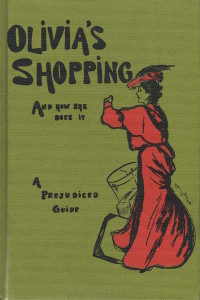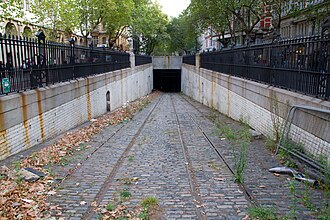
1) The Kingsway Tram tunnel
The Kingsway, an unlovely London thoroughfare which was built in 1906 by London County Council to link High Holborn to another new thoroughfare dubbed Aldwych at the end of the Strand, smashed its way through one of the capital’s notorious slum districts, including Holywell Street, which for years had been the haunt of men looking for pornographic literature. The complete thoroughfare was three-quarters of a mile long and a hundred feet wide for most of its length.
At the same time the LCC also constructed in the centre of Kingsway a large tunnel running from the bottom of Southampton Row carrying trams from north London to the embankment and beyond. This tunnel, which opened in 1906 and was the only one of its kind in Britain, had stations at Holborn and Aldwych and proved very popular with Londoners.
At first only single-decker trams used the tunnel, but in 1930 it was decided that double-deckers might significantly increase revenue and so the height of the tunnel was increased.
In the April – May 1952 issue of Today ( Photo World) featured a photo showing packed trams at Holborn station on April 6th and crowds waving them off on their way southwards on the last journey through the tunnel. The unnamed journalist, a frequent customer while a child on this particular tram recalled the experience:
The last of the North London trams has rumbled through the Kingsway for the last time , and the rest is silence. Rickety, shatteringly noisy, though they were, it is not hard to feel sentimental about the death of the tramway, with its peculiar smell of leather and varnish, and its air of gentle melancholy as of an old-timer who had known better days. But, once the kings of the road as they were, they have gone —-and only six routes ( all south of the river ) are left to mourn the loss of their clanking colleagues of the dying Iron Road.
But, even more than the departure of the trams themselves, we mourn the delights of the Kingsway tunnel. There was something glorious and improbable about that headlong plunge though the roadway, that swaying cavalcade past the subterranean stations along the link, the darkness and the light, which made such a journey unforgettable when once undertaken. Who, for instance could ever lose his sense of surprise at that sudden emergence from the murk of the tunnel into the sunlit sweep of the Embankment?
Certainly not the present wrier, who spent every available Saturday afternoon between the ages of six and eight shuttling up and down this magnificent, fairylike line, with its powerful suggestion of the transformation scene at the very best Christmas pantomimes.
Now, however, having served London whimsically ever since 1908, the Kingsway subway and its thundering vehicles have passed into the oblivion which waits so ungratefully for all the old—whether they be trams or men, and that is that….
Continue reading
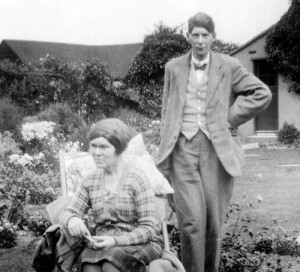 It is in The Last of Spring, one of Rupert Croft-Cooke’s many autobiographical volumes that one finds an account of the author’s experience of renting one of the Cornish bungalows built for writers by the eccentric spiritual medium and author, Mrs A.C. Dawson Scott, in the early 1930s.
It is in The Last of Spring, one of Rupert Croft-Cooke’s many autobiographical volumes that one finds an account of the author’s experience of renting one of the Cornish bungalows built for writers by the eccentric spiritual medium and author, Mrs A.C. Dawson Scott, in the early 1930s.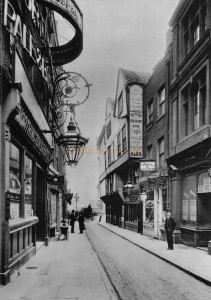 We have seen ( previous Jot) how, in his first book, Bohemia in London, the young Arthur Ransome was happy to confess his bibliophilia. He seemed to love second hand books more than brand new ones, but he hated the practice of selling unwanted books ( whether new or second hand, he doesn’t say) given as gifts ending up on bookseller’s shelves. Certain people feel no guilt about doing this; they assume, wrongly, that they will never be found out, but if the gift is inscribed there is a reasonable chance that the bibliophile who gifted the book will discover it in some bookshop or bookstall eventually.
We have seen ( previous Jot) how, in his first book, Bohemia in London, the young Arthur Ransome was happy to confess his bibliophilia. He seemed to love second hand books more than brand new ones, but he hated the practice of selling unwanted books ( whether new or second hand, he doesn’t say) given as gifts ending up on bookseller’s shelves. Certain people feel no guilt about doing this; they assume, wrongly, that they will never be found out, but if the gift is inscribed there is a reasonable chance that the bibliophile who gifted the book will discover it in some bookshop or bookstall eventually. archive recently, journalist D. B. Wyndham Lewis declared:-
archive recently, journalist D. B. Wyndham Lewis declared:-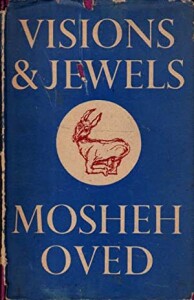
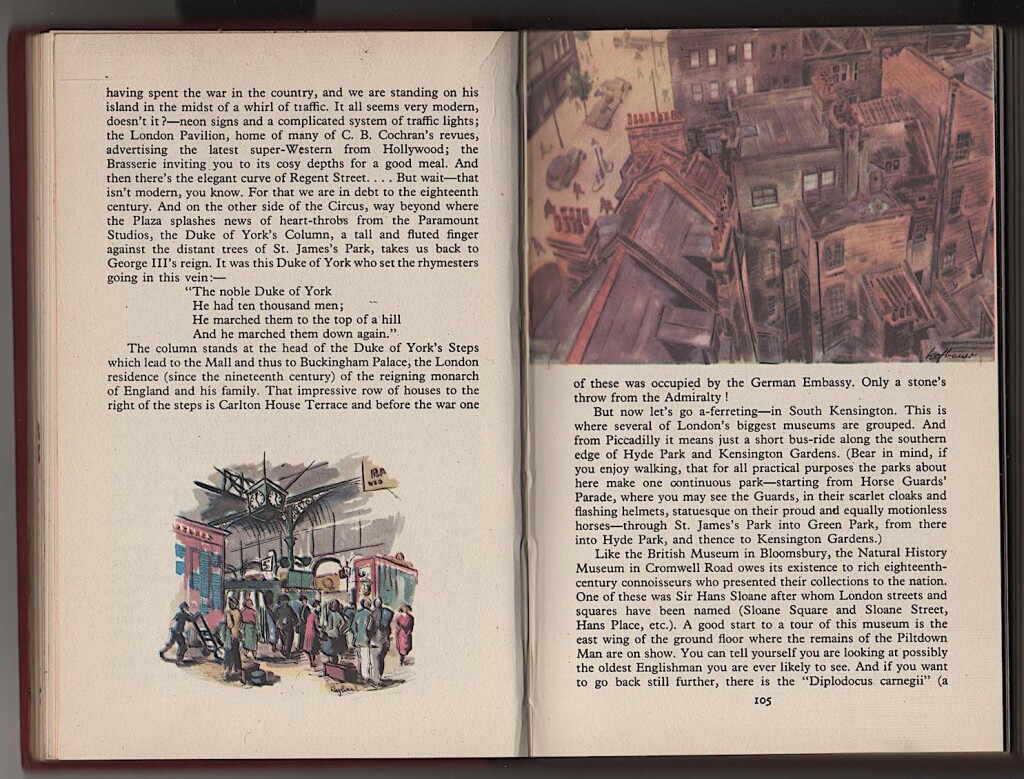
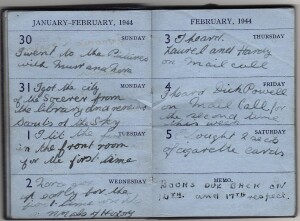
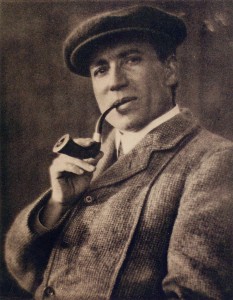
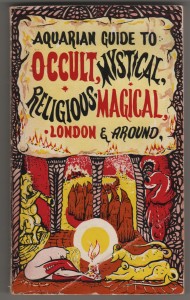
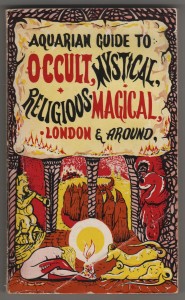
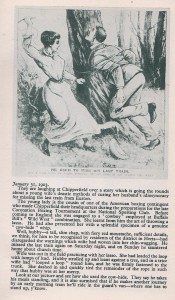
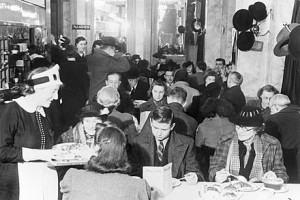 Leonard P Thompson, is a complaint about the ‘catchpenny ‘afternoon teas served up by typical road houses and other mediocre eating places.
Leonard P Thompson, is a complaint about the ‘catchpenny ‘afternoon teas served up by typical road houses and other mediocre eating places.
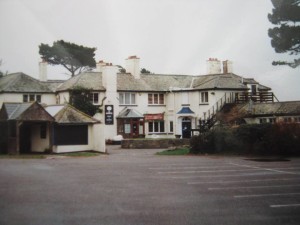
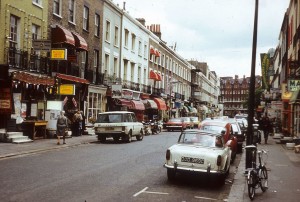 In his Good Food Guide of 1961-62 Raymond Postgate describes the trendy Parkes’ Restaurant at Beauchamp Place (above) in Kensington as ‘ a personal restaurant, dependent upon Mr Ray Parkes, the chef and owner, who offers in his basement at high prices what is claimed to be , and up to date is, haute cuisine.’
In his Good Food Guide of 1961-62 Raymond Postgate describes the trendy Parkes’ Restaurant at Beauchamp Place (above) in Kensington as ‘ a personal restaurant, dependent upon Mr Ray Parkes, the chef and owner, who offers in his basement at high prices what is claimed to be , and up to date is, haute cuisine.’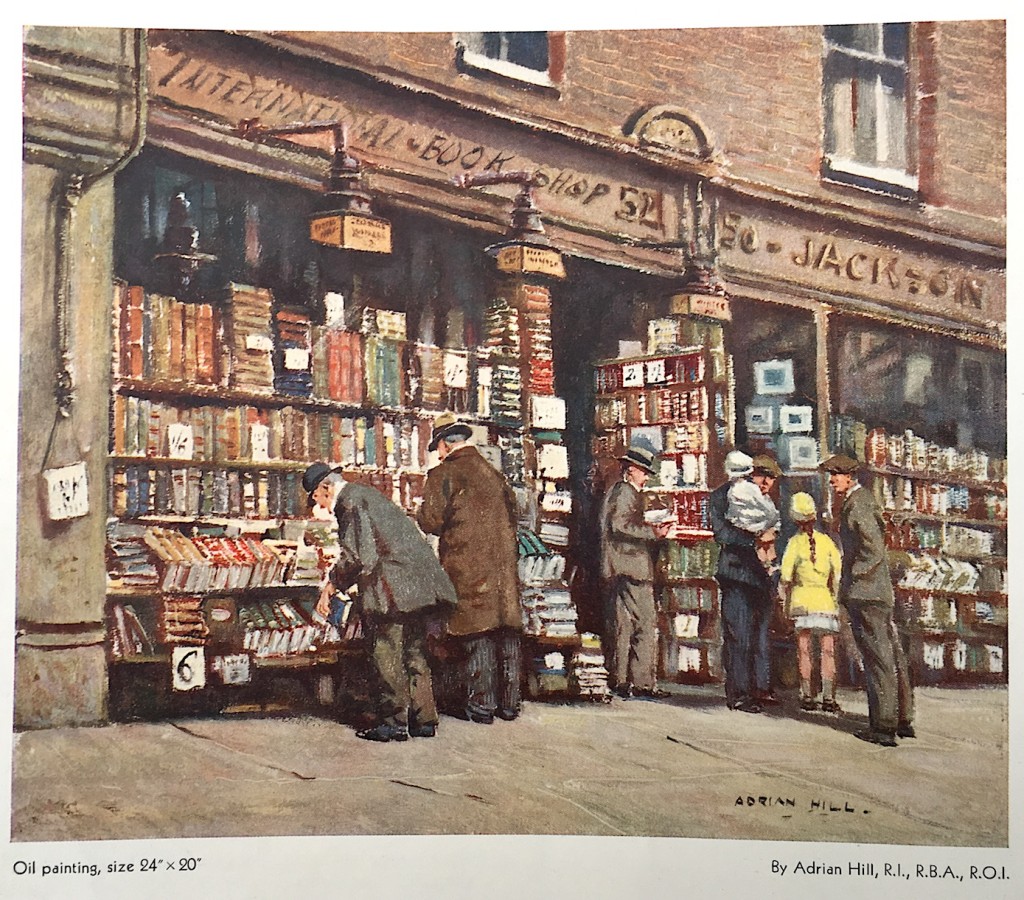
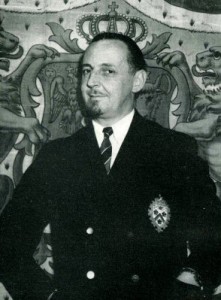
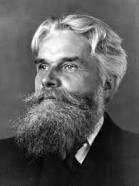 Found in a album of cuttings from various East Anglian newspapers in the early twentieth century is a review that appeared in The Leader, December 24th, 1906 of A Study of British Genius by the pioneer sexologist Havelock Ellis. The reviewer gleefully notes that East Anglia seems to have produced a high proportion of geniuses. To make his point he lists in order of greatness those English counties that have contributed most to the making of English men of genius. These were:
Found in a album of cuttings from various East Anglian newspapers in the early twentieth century is a review that appeared in The Leader, December 24th, 1906 of A Study of British Genius by the pioneer sexologist Havelock Ellis. The reviewer gleefully notes that East Anglia seems to have produced a high proportion of geniuses. To make his point he lists in order of greatness those English counties that have contributed most to the making of English men of genius. These were: